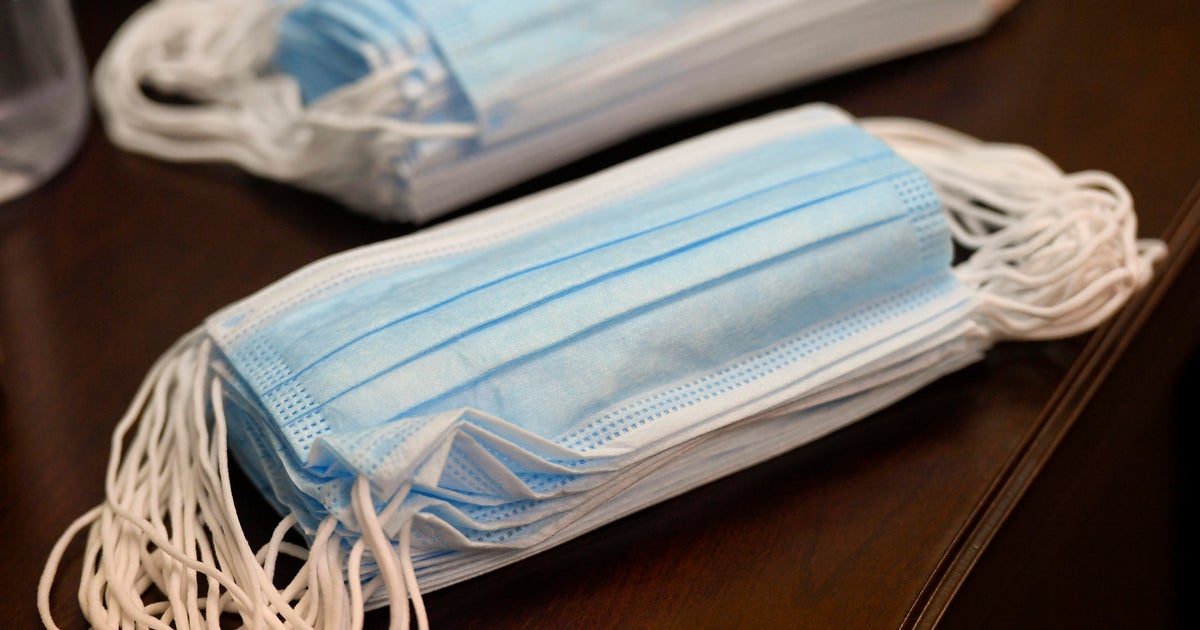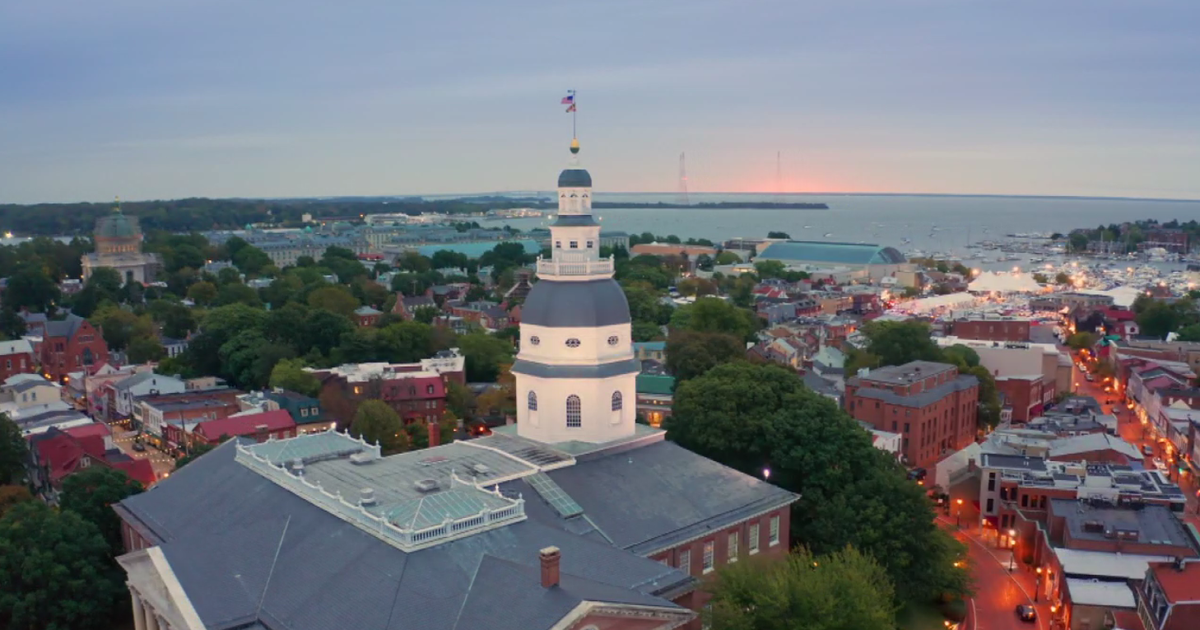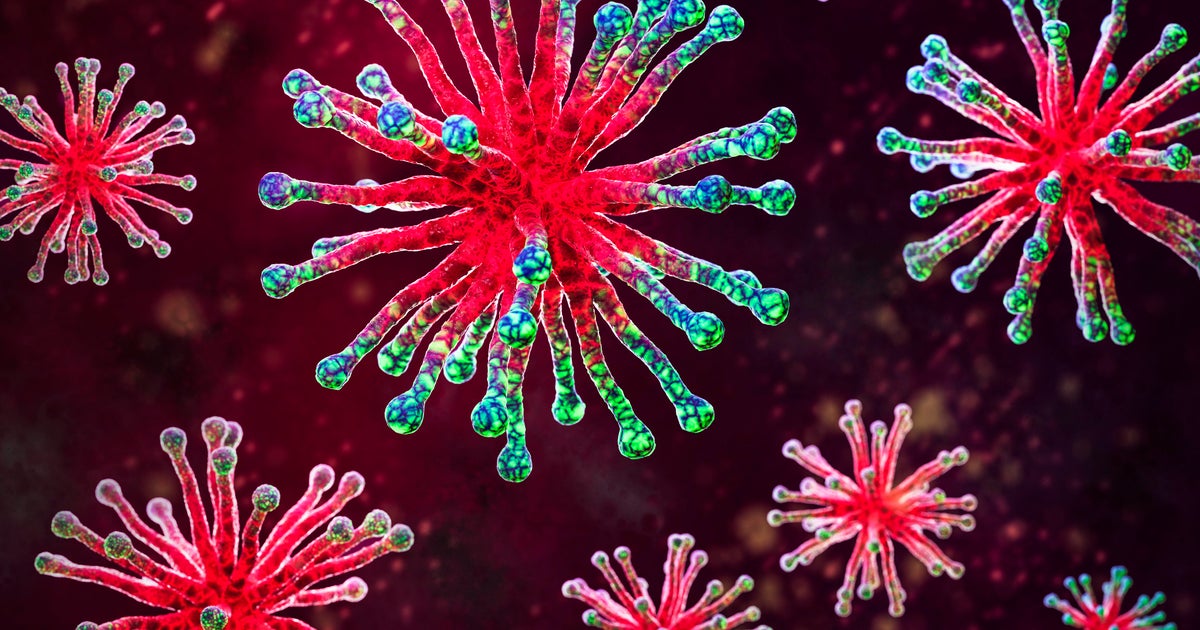New guidelines placed for collection of horseshoe crab blood for medical use
PHILADELPHIA (CBS) -- Conservationists put in new guidelines to protect horseshoe crabs from medical practices that use their blue blood. Delaware Bay is home to many horseshoe crabs, so it sits at the center of their efforts.
Drug companies collect the blood of horseshoe crabs to produce Limulus amebocyte lysate, or LAL, which is used in testing vital medicine. The collection process leads many crabs to die from bleeding.
This hurts both the crabs and the endangered red knot bird that relies on horseshoe crab eggs for food during its migration.
The new guidelines are supposed to help keep the crabs alive and save the red knots.







